Throughout history, poets have used their craft to explore themes of love, war, social injustices, and the complexities of the human condition. Their works have transcended time and geographical boundaries, deeply influencing societies and inspiring countless individuals. Below is a list of some of the most influential poets of all time. They have been selected for their unique perspectives, extraordinary achievements, and contributions to literature and culture.
Famous Poets
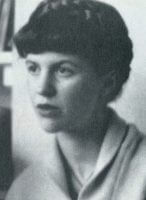 |
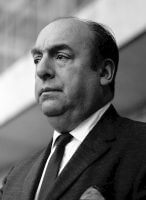 |
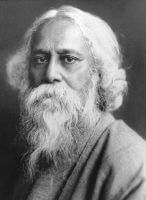 |
| Sylvia Plath (1932-1963) Nationality: American Known For: “The Bell Jar” and “Ariel” Known for her confessional style, Plath’s work, including “The Bell Jar” and “Ariel,” explores themes of self, femininity, and mental illness. |
Pablo Neruda (1904-1973) Nationality: Chilean Known For: Love, Politics, Nature Poetry Pablo Neruda, a Nobel laureate, is known for his passionate and sensuous poetry, which includes works like “Twenty Love Poems and a Song of Despair.” |
Rabindranath Tagore (1861-1941) Nationality: Indian Known For: Spiritual Poetry The first non-European Nobel laureate in Literature, Rabindranath Tagore’s works had a profound impact on Bengali literature and music. |
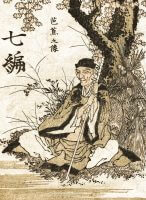 |
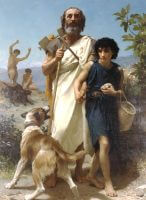 |
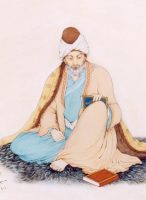 |
| Matsuo Basho (1644-1694) Nationality: Japanese Known For: Haiku Poetry Renowned for his haiku, Matsuo Basho’s works like “The Narrow Road to the Deep North” explore nature and human existence. |
Homer (circa 8th century BC) Nationality: Ancient Greek Known For: “The Iliad” and “The Odyssey” Homer’s epic poems “The Iliad” and “The Odyssey” are cornerstones of ancient Greek literature and have profoundly influenced Western culture. |
Rumi (1207-1273) Nationality: Persian Known For: Spiritual and Love Poetry A 13th-century poet and Sufi mystic, Rumi’s works, especially “Masnavi,” are cherished for their depth in exploring love and humanity. |
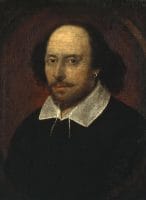 |
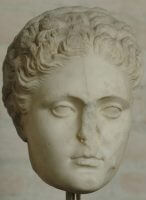 |
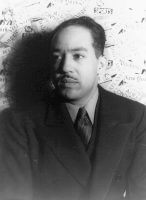 |
| William Shakespeare (1564-1616) Nationality: English Known For: Sonnets, Plays Shakespeare, one of the greatest writers in the English language, is known for sonnets and plays like “Hamlet” and “Romeo and Juliet.” |
Sappho (c. 630-c. 570 BC) Nationality: Greek Known For: Lyric Poetry One of the first known female poets, Sappho’s lyric poetry was highly regarded for its emotional intensity and vivid imagery. |
Langston Hughes (1902-1967) Nationality: American Known For: Poetry of the Harlem Renaissance A leading figure in the Harlem Renaissance, Hughes’ works like “The Weary Blues” focus on African American experiences and culture. |
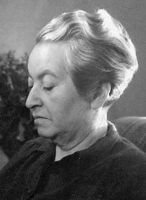 |
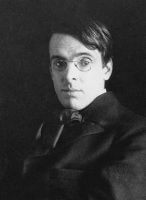 |
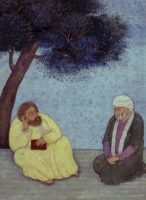 |
| Gabriela Mistral (1889-1957) Nationality: Chilean Known For: Poetry on Love, Sorrow, Latin American Identity The first Latin American woman to receive the Nobel Prize in Literature, Mistral’s poetry explores themes of love, sorrow, and identity. |
W.B. Yeats (1865-1939) Nationality: Irish Known For: Symbolism, Nationalistic Themes A key figure in 20th-century literature, Yeats’ works like “The Second Coming” are known for complex symbolism and nationalistic themes. |
Hafez (1315-1390) Nationality: Persian Known For: Ghazals on Love, Spirituality, Protest An influential Persian poet, Hafez is celebrated for his ghazals exploring themes of love, spirituality, and protest. |
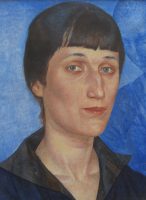 |
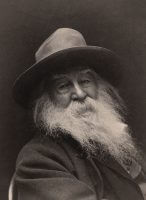 |
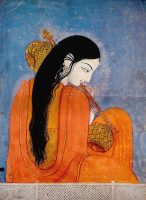 |
| Anna Akhmatova (1889-1966) Nationality: Russian Known For: Poignant and Personal Poetry Known for her poignant and deeply personal poetry, Akhmatova’s works reflect the turbulent times of early 20th-century Russia. |
Walt Whitman (1819-1892) Nationality: American Known For: “Leaves of Grass” A humanist, Whitman is best known for his poetry collection “Leaves of Grass,” which revolutionized American literature with its free verse and exploration of self and nature. |
Mirabai (1498-1547) Nationality: Indian Known For: Devotional Songs to Lord Krishna A Rajput princess and poet, Mirabai is celebrated for her devotional songs to Lord Krishna, significantly impacting Indian culture. |